Eugene de Kock: why is 'Prime Evil' being released from jail?
The parole of South Africa's death squad commander Eugene de Kock is dividing a nation
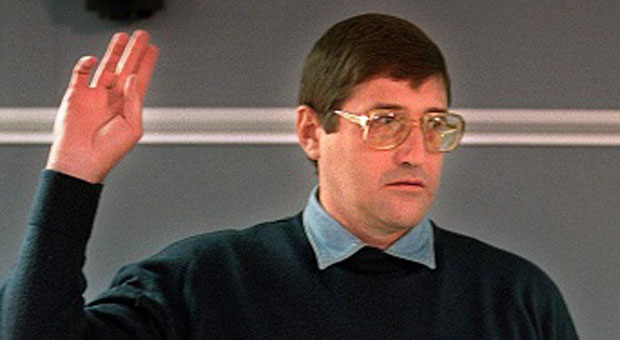
A free daily email with the biggest news stories of the day – and the best features from TheWeek.com
You are now subscribed
Your newsletter sign-up was successful
Apartheid assassin Eugene de Kock has been granted parole after serving just 20 years in prison, South Africa's justice minister has announced.
The 66-year old, dubbed 'Prime Evil', was a police officer responsible for the murder, kidnap and torture of hundreds of black activists during the Apartheid era.
The decision has shocked and angered many South Africans, particularly the families of his victims."He's a savage," Victor Makoke, told AFP ahead of the decision. "He needs to rot in jail." So why is he being released?
The Week
Escape your echo chamber. Get the facts behind the news, plus analysis from multiple perspectives.

Sign up for The Week's Free Newsletters
From our morning news briefing to a weekly Good News Newsletter, get the best of The Week delivered directly to your inbox.
From our morning news briefing to a weekly Good News Newsletter, get the best of The Week delivered directly to your inbox.
What did he do?
He was the commander of the infamous police death squad in the 1980s called C-10. Its headquarters were at Vlakplaas, a farm near Pretoria, where some of the worst crimes of Apartheid were either committed or planned.
Officers hunted down and killed hundreds of ANC activists and sympathisers across Southern Africa. One of the most chilling reports from Vlakplaas came from a former commander who described how bodies were disposed of on the farm. Dirk Coetzee said the men used to stand around the bodies burning on wood and tyres, drinking brandy and rum and cooking meat. Another trademark technique was to strap men to explosives in order to destroy the evidence.
De Kock was arrested in 1994, the same year Nelson Mandela was elected president. At a Truth and Reconciliation Commission (TRC) hearing, he confessed to over 100 acts of murder and various other crimes and accepted full responsibility for the atrocities committed by C10. The next year he was sentenced to two life terms and 212 years in prison.
A free daily email with the biggest news stories of the day – and the best features from TheWeek.com
While in jail, De Kock alleged that former president FW de Klerk had hands that were "soaked in blood" for ordering the political killings. De Klerk, who negotiated South Africa's transition to democracy with Mandela, denies the claims.
Sandra Mama, a widow of one of the men killed by De Kock, told the BBC that many of those responsible will never face justice. "[De Kock] got the instructions from the top and they got away with it. They're living, you know... they're amongst us today and one man is taking the fall," she said.
During his time in prison, De Kock wrote a letter to the families of several of his victims. In one he sent to the family of Bheki Mlangeni, a lawyer he murdered with a letter bomb, he said: "There is no greater punishment than to have to live with the consequences of the most terrible deed with no-one to forgive you. For me, even my own death can't compare."
Why is he being released?
De Kock is being freed "in the interests of nation-building", said justice minister Michael Masutha. He told journalists that the De Kock had expressed remorse for his crimes and had assisted authorities with recovering the remains of some of his victims.
The decision is dividing a nation that has for over 20 years been battling with balancing justice and reconciliation."It is a daunting prospect for a country much changed, but still deeply scarred, by the years of racist white rule," reports The Economist.
While many South Africans believe De Kock and everyone else involved in the death squads should die in prison, others are calling for forgiveness, including the families of some of the victims.
"I think it will actually close a chapter in our history because we've come a long way," said Mama. "I think his release will just once again help with the reconciliation process because there are still a lot of things that we need to do as a country."
-
 The ‘ravenous’ demand for Cornish minerals
The ‘ravenous’ demand for Cornish mineralsUnder the Radar Growing need for critical minerals to power tech has intensified ‘appetite’ for lithium, which could be a ‘huge boon’ for local economy
-
 Why are election experts taking Trump’s midterm threats seriously?
Why are election experts taking Trump’s midterm threats seriously?IN THE SPOTLIGHT As the president muses about polling place deployments and a centralized electoral system aimed at one-party control, lawmakers are taking this administration at its word
-
 ‘Restaurateurs have become millionaires’
‘Restaurateurs have become millionaires’Instant Opinion Opinion, comment and editorials of the day
-
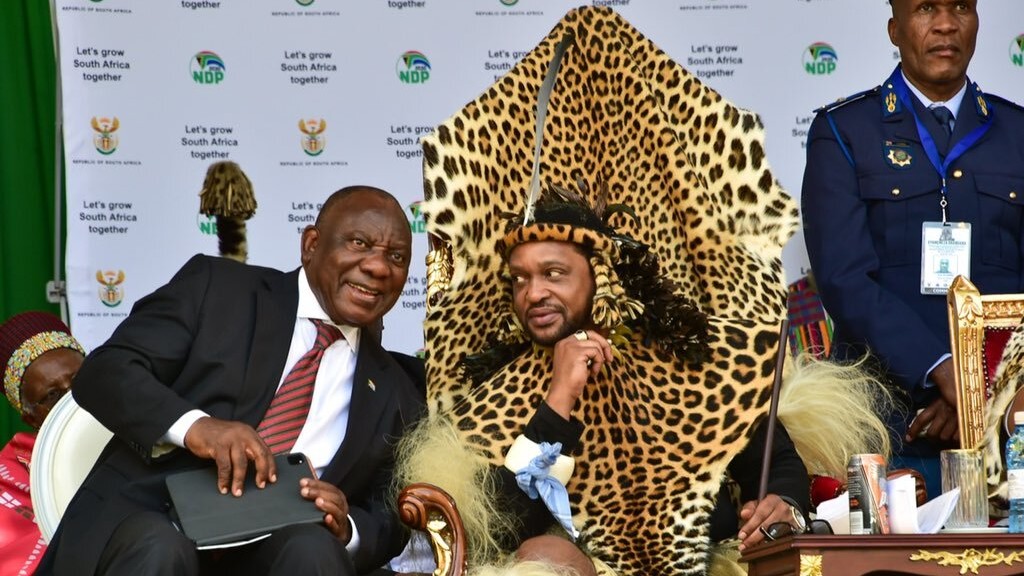 Potential poisoning and succession posturing for South Africa’s Zulu king
Potential poisoning and succession posturing for South Africa’s Zulu kingfeature Conflicting reports over king’s health highlight ongoing bitter power struggles
-
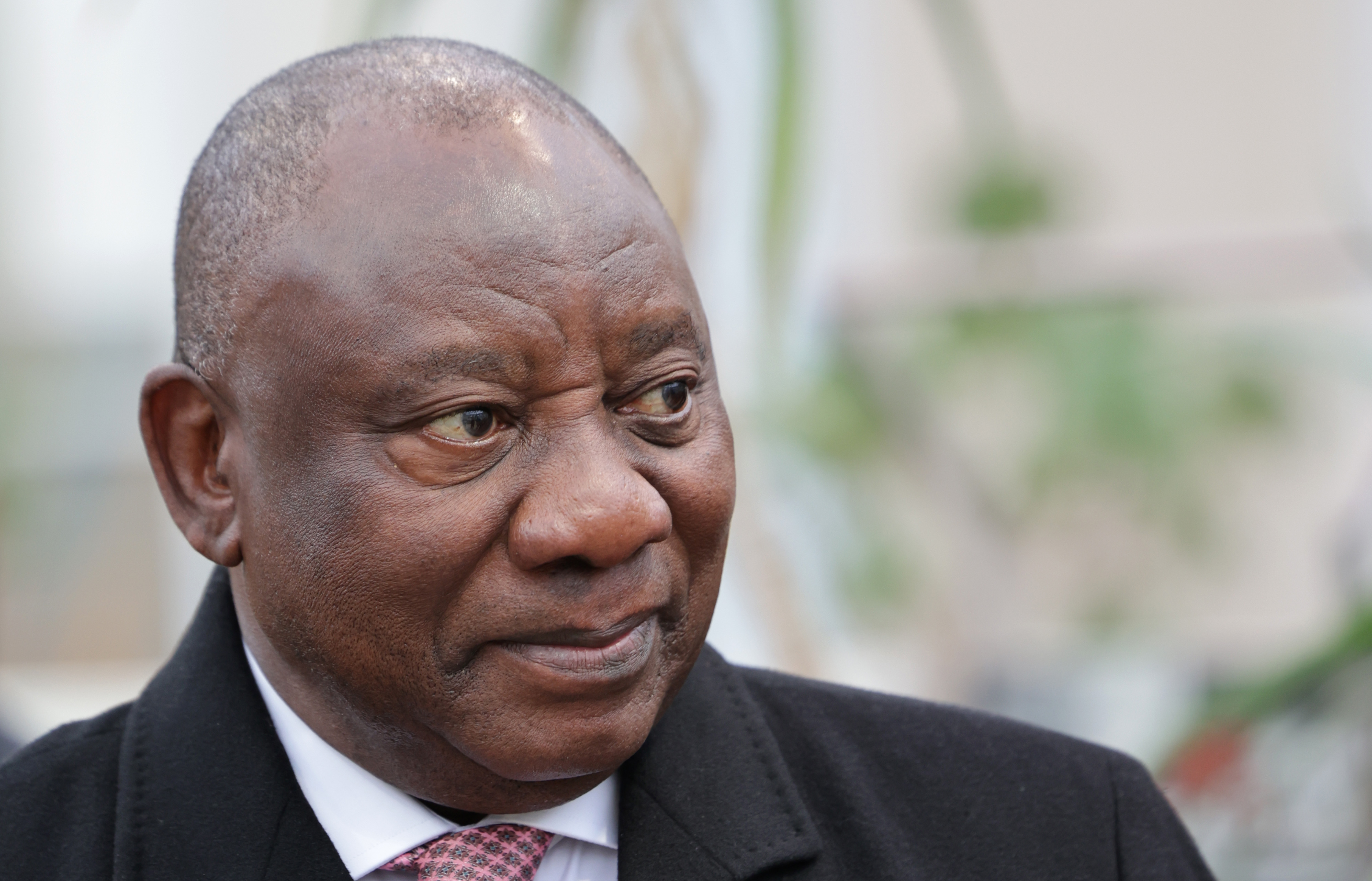 Embattled South African president will not resign, says it is up to political party to decide fate
Embattled South African president will not resign, says it is up to political party to decide fateSpeed Read
-
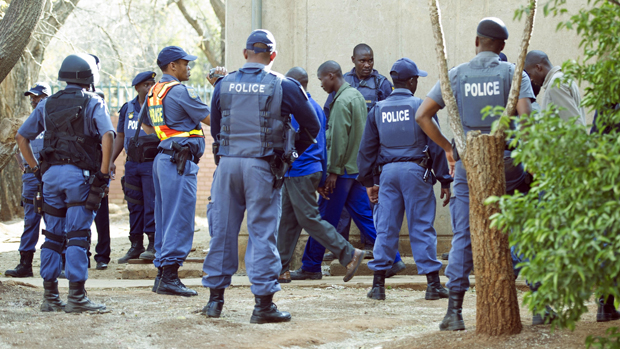 The Week Unwrapped: Africa alert, ticket touts and the words of the year
The Week Unwrapped: Africa alert, ticket touts and the words of the yearpodcast Is South Africa at risk of terrorist attacks? Why are ticket touts in such high demand? And are we really in a ‘permacrisis’?
-
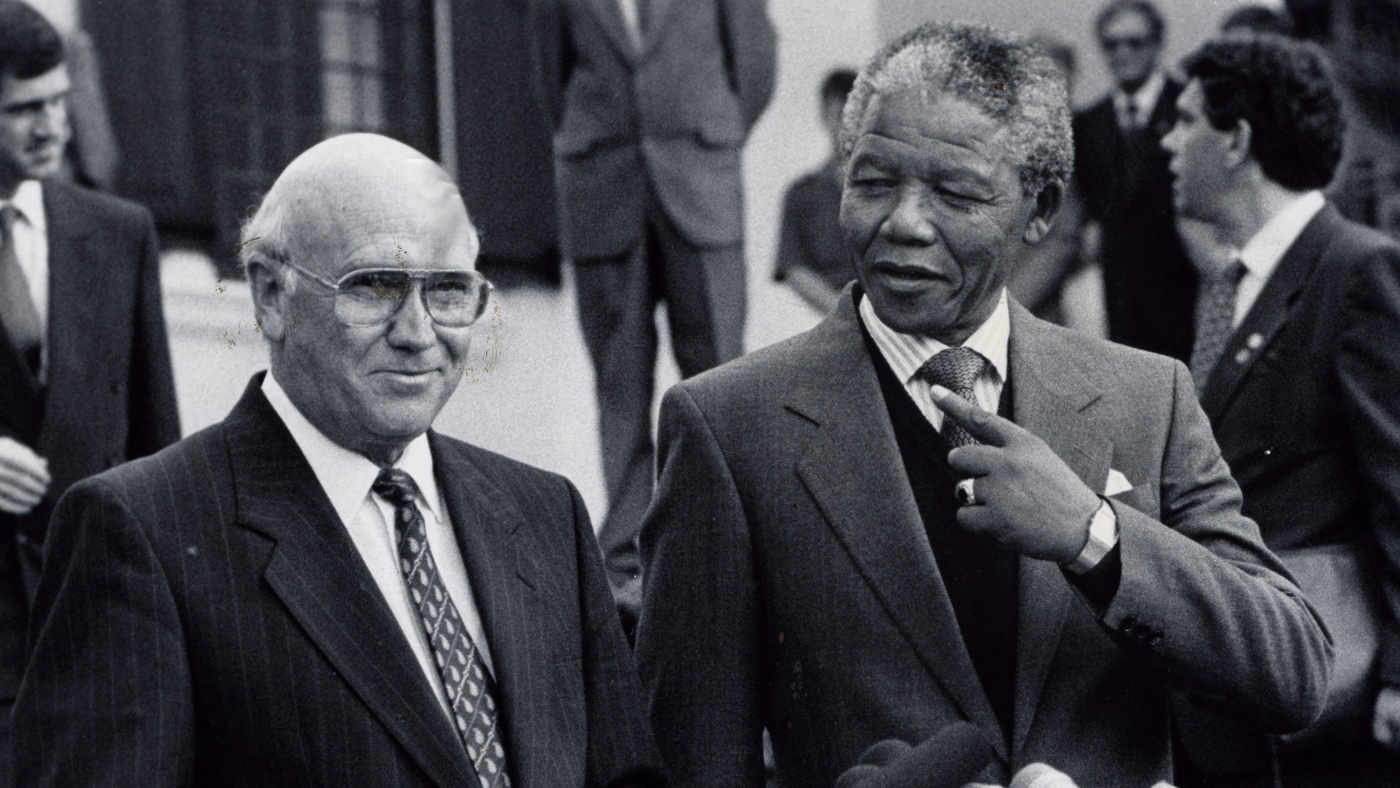 ‘FW de Klerk should be given considerable credit for the end of apartheid’
‘FW de Klerk should be given considerable credit for the end of apartheid’Instant Opinion Your digest of analysis from the British and international press
-
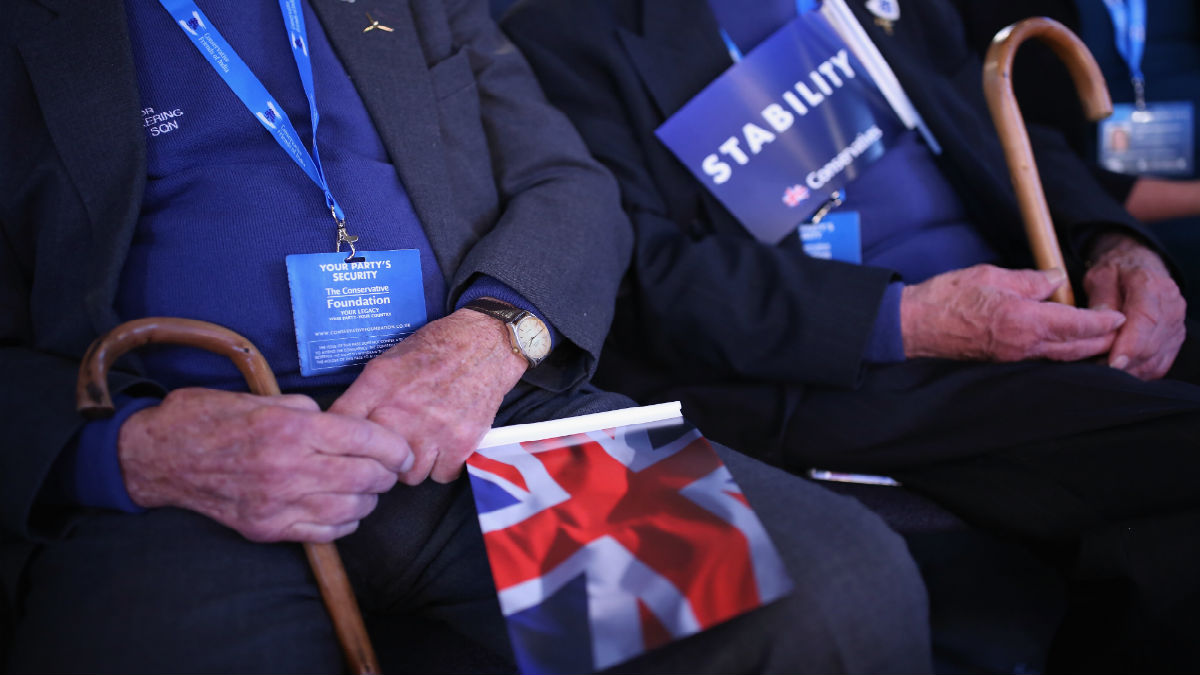 Instant Opinion: Have the Tories reached the ‘end of the road’?
Instant Opinion: Have the Tories reached the ‘end of the road’?In Depth Your guide to the best columns and commentary on Wednesday 11 September
-
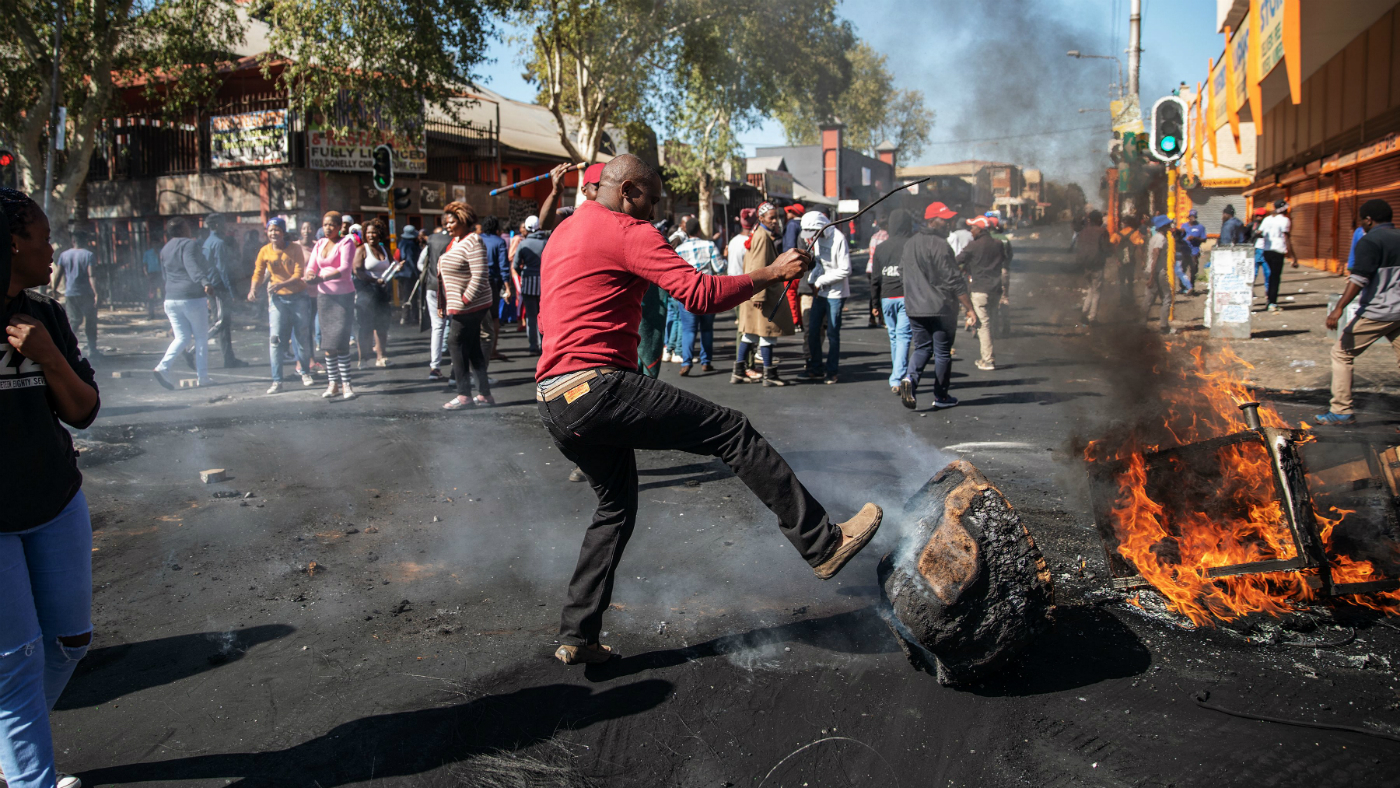 South Africa shaken by xenophobic riots
South Africa shaken by xenophobic riotsIn Depth President Ramaphosa condemns anti-immigrant violence that has prompted backlash across the continent
-
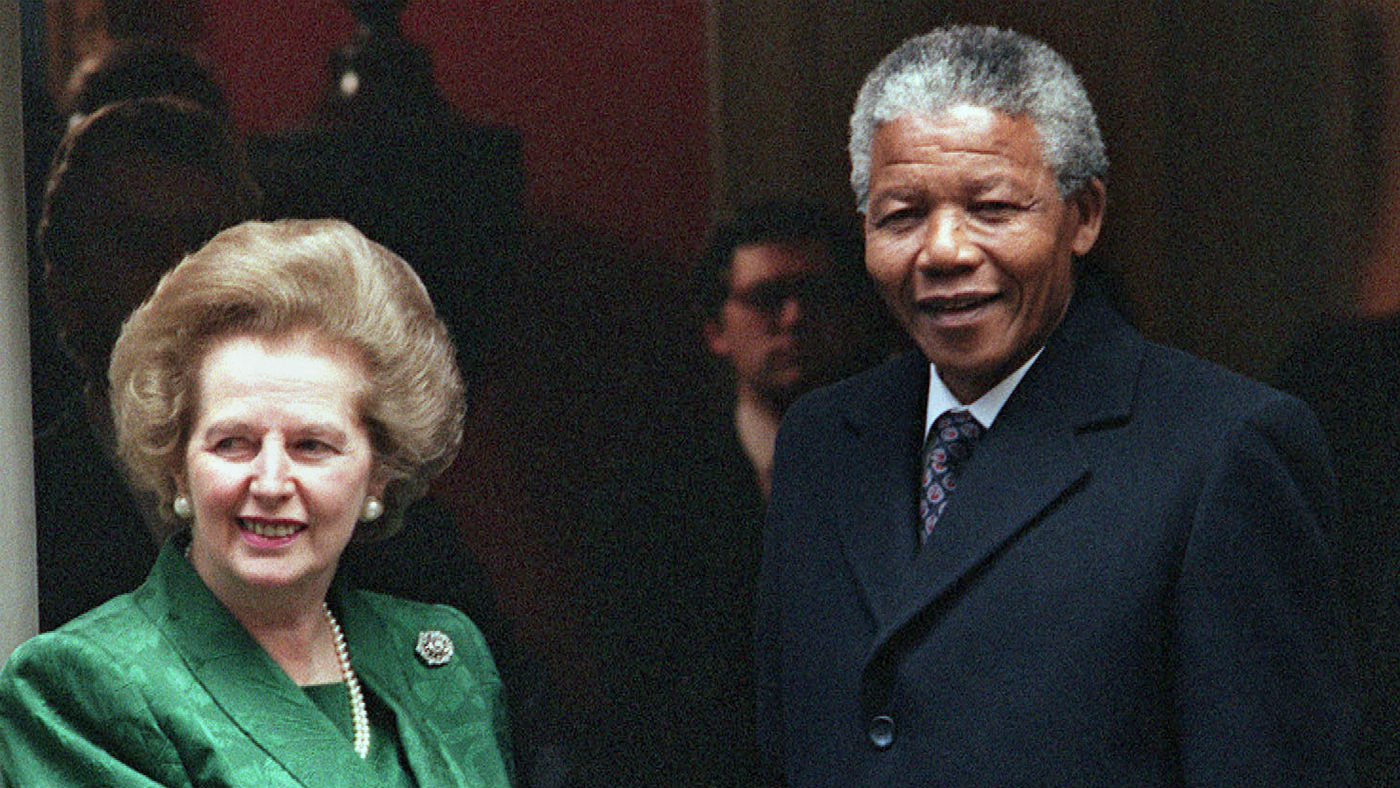 Margaret Thatcher ‘believed South Africa should be whites-only’
Margaret Thatcher ‘believed South Africa should be whites-only’Speed Read Ex-head of diplomatic service also says former PM distrusted Germany and hated men with moustaches
-
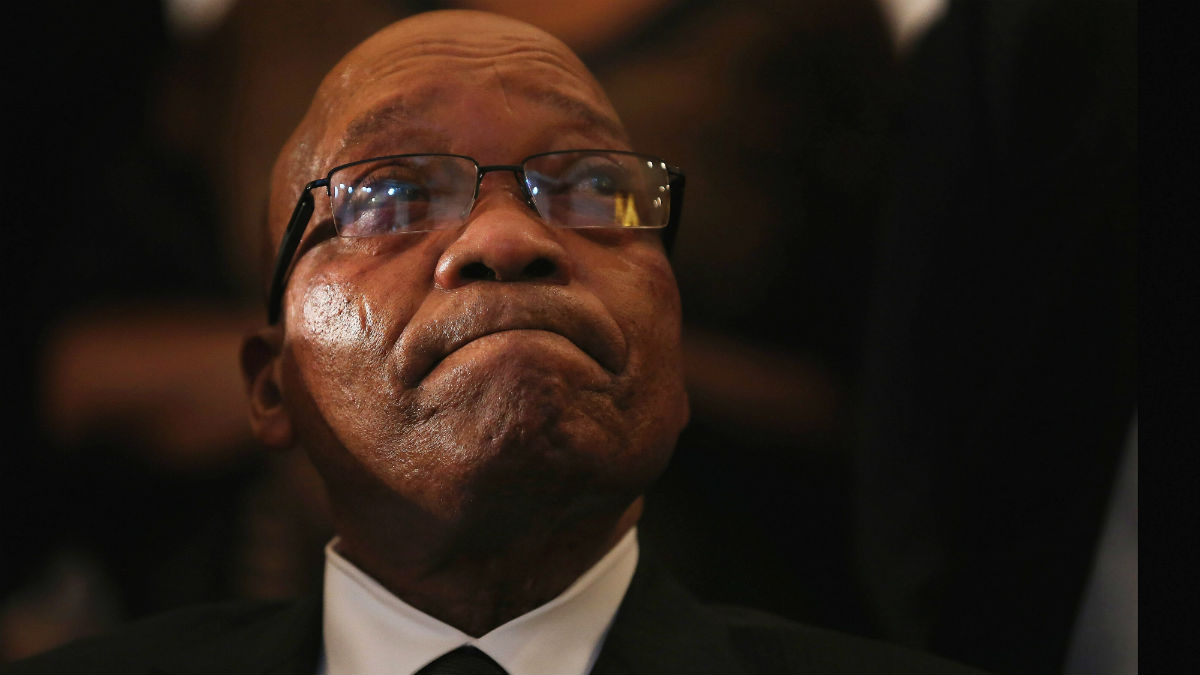 Jacob Zuma clings on – but for how much longer?
Jacob Zuma clings on – but for how much longer?In Depth South African court rules that a decision to drop 783 corruption charges against Zuma should be reviewed